In the landscape of modern healthcare and social justice, the rights and advocacy for amputees have become an increasingly vital topic. Amputees, individuals who have lost one or more limbs, often face significant challenges beyond their physical recovery. These challenges include navigating the complexities of legal rights, securing accommodations in the workplace, accessing appropriate healthcare and rehabilitation services, and fighting against societal stigma and discrimination. This article aims to shed light on the legal rights of amputees and the importance of advocacy in ensuring these rights are recognized and respected.
Understanding Disability Rights Legislation
At the heart of legal protections for amputees is disability rights legislation. In the United States, the Americans with Disabilities Act (ADA) of 1990 serves as a cornerstone for civil rights protection for individuals with disabilities, including amputees. The ADA prohibits discrimination against disabled individuals in several key areas: employment, public accommodations, transportation, and access to state and local government programs and services.
Similarly, other countries have their own versions of disability rights laws, such as the Equality Act 2010 in the United Kingdom and the Disability Discrimination Act 1992 in Australia. These laws share a common goal: to eliminate discrimination against individuals with disabilities and to promote their full and equal participation in society.
Employment Rights
One of the most critical areas where amputees seek legal protection is in the realm of employment. The ADA requires employers to provide reasonable accommodations to qualified employees with disabilities, unless doing so would cause undue hardship for the business. This might include modifying work schedules, restructuring jobs, providing assistive technology, or making workplaces physically accessible.
Despite these protections, discrimination in the workplace can still occur. Amputees may face biases during the hiring process or in career advancement opportunities. Advocacy plays a crucial role in educating employers about the capabilities of amputee employees and the benefits of creating inclusive work environments.
Access to Healthcare and Rehabilitation
Access to adequate healthcare and rehabilitation services is crucial for the physical and psychological recovery of amputees. Legal rights in this context often revolve around ensuring that healthcare providers and insurance companies do not discriminate against amputees by denying necessary treatments or prosthetics.
Healthcare advocacy for amputees includes fighting for the coverage of prosthetic devices and rehabilitation services, which are often essential for the individual’s independence and quality of life. Advocates work tirelessly to ensure that insurance policies and healthcare providers offer fair and comprehensive coverage that meets the unique needs of amputees.
Combating Social Stigma and Discrimination
Beyond the legal rights enshrined in legislation, amputees frequently encounter societal stigma and discrimination. This can manifest in various ways, from physical barriers that prevent accessibility to prejudiced attitudes that undermine the capabilities of individuals with disabilities.
Advocacy efforts are vital in combating these societal challenges. Through public education campaigns, support groups, and collaboration with allies, advocates can help change perceptions and foster a more inclusive society. These efforts not only benefit amputees but also contribute to the broader movement for disability rights and social justice.
The Role of Advocacy Organizations
Numerous organizations worldwide are dedicated to advocating for the rights of amputees and individuals with disabilities. These organizations provide a range of services, including legal assistance, public education, and support for affected individuals and their families. They play a pivotal role in policy development, pushing for legislative changes that advance the rights and well-being of amputees.
Organizations such as the Amputee Coalition in the United States, Limbless Association in the UK, and Limbs 4 Life in Australia offer resources, support networks, and advocacy platforms for amputees. By joining forces with these organizations, individuals can amplify their voices and push for meaningful change.
Conclusion
The journey towards full equality and inclusion for amputees is ongoing. Legal rights and advocacy are instrumental in addressing the barriers that amputees face in employment, healthcare, and societal participation. By understanding and exercising these rights, and by supporting advocacy efforts, we can contribute to a world where amputees are not defined by their disabilities but by their abilities and potential.
As society progresses, the hope is that the legal system and advocacy efforts will continue to evolve to meet the needs of amputees. Through education, legislation, and community support, the goal of achieving full inclusion and equality for amputees becomes not just an aspiration but a reality.



